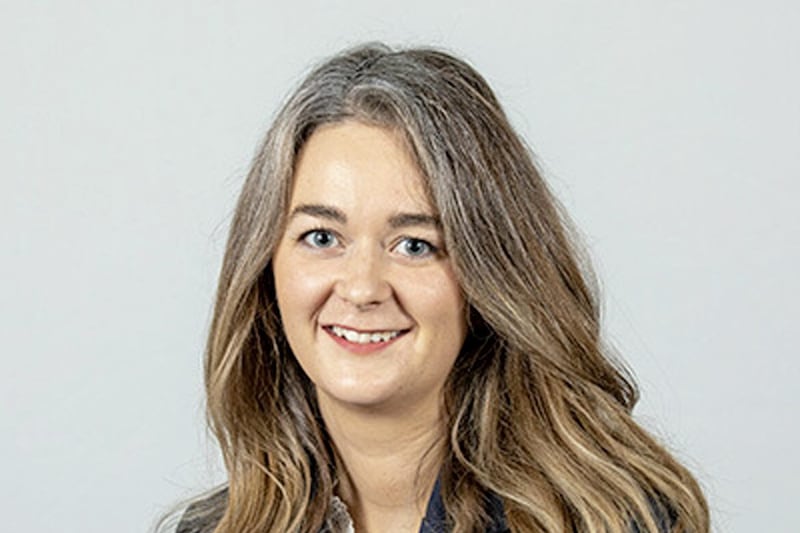QUESTION: The deadline for companies submitting their expenses and benefits to HMRC is July 6. What types of benefits and expenses need to be returned to HMRC?
ANSWER: Benefits in kind and certain taxable expenses provided by a business to its employees need to be reported to HMRC each year, with tax and National Insurance Contributions (NICs) payable. The deadline is the date by which employers must submit their P11D forms to HMRC. The P11D and P11D(b) form is used to report any taxable benefits and expenses provided to employees during the previous tax year.
Some of the more commonly reported expenses and benefits include:
· Company cars and fuel;
· Interest-free (or low interest) employee loans;
· Private medical insurance;
· Living accommodation;
· Home broadband/phone costs;
· Assets used by or transferred to employees;
· Non-business expenses by the company (e.g. gym membership, personal expenses).
Although there are many items that need to be listed on the P11D form as expenses and benefits, there are common business expenses that do not need to be included on your P11D forms, including:
· Business credit cards;
· Business travel;
· Entertainment expenses for business purposes;
· Subscriptions and fees for professional bodies or journals;
· Uniforms;
· Tools for work.
P11D & P11D(b) forms must be filed by July 6 following the end of the tax year (i.e. this July for the 2022/23 tax year). Late P11D forms attract penalties of £100 for every 50 employees per month. The resulting Class 1A NIC must be paid by July 19, with interest charged on any late payments.
As your P11D(b) sets out the amount of Employer’s Class 1A NIC payable on the employee benefits in kind you provided, it is perhaps no surprise that not filing it on time triggers a penalty. HMRC will charge an automatic penalty of £100 for each 50 employees for each full month that the return is late after the deadline.
On top of this, if you didn’t pay the NIC due by August 22 (ie 30 days after the due date), HMRC will add a 5 per cent penalty to the amount of NIC due. This penalty rises to 10 per cent after 6 months, and 15 per cent after 12 months and, of course, HMRC will always charge interest on late payment of any tax.
HMRC can also request that a penalty of £300 per P11D submitted late is charged, but this has to be done through the First-tier Tax Tribunal (FTT). If the FTT agrees to issue such penalties, a further £60 per day can be charged until the employer puts things right.
Businesses also have the option to payroll their benefits in kind, as an alternative to submitting P11Ds for each employee. This ensures that the correct tax is deducted in real time on benefits and can avoid some of the confusion that can occur with PAYE coding changes.
Overall, payrolling benefits in kind can significantly reduce P11D reporting requirements, reduce risk, and free up valuable administration time for the business. With the exception of beneficial loans and accommodation, all other benefits can be payrolled. An employer can payroll all benefits or just certain ones.
Employers must register to payroll their benefits before the start of the tax year via their HMRC account and select which benefits they wish to payroll. If this is not done, then employee P11D forms will still be required.
Where benefits are successfully payrolled, the employer declaration form P11D(b) will still be required in order to report the Class 1A NICs due. Any businesses considering registering to payroll benefits should start planning now for the 2024/25 tax year to ensure all appropriate administrative hurdles are taken care of.
Malachy McLernon (m.mclernon@fpmaab.com) is partner at FPM Accountants Ltd (www.fpmaab.com). The advice in this column is specific to the facts surrounding the question posed. Neither the Irish News nor the contributors accept any liability for any direct or indirect loss arising from any reliance placed on replies







